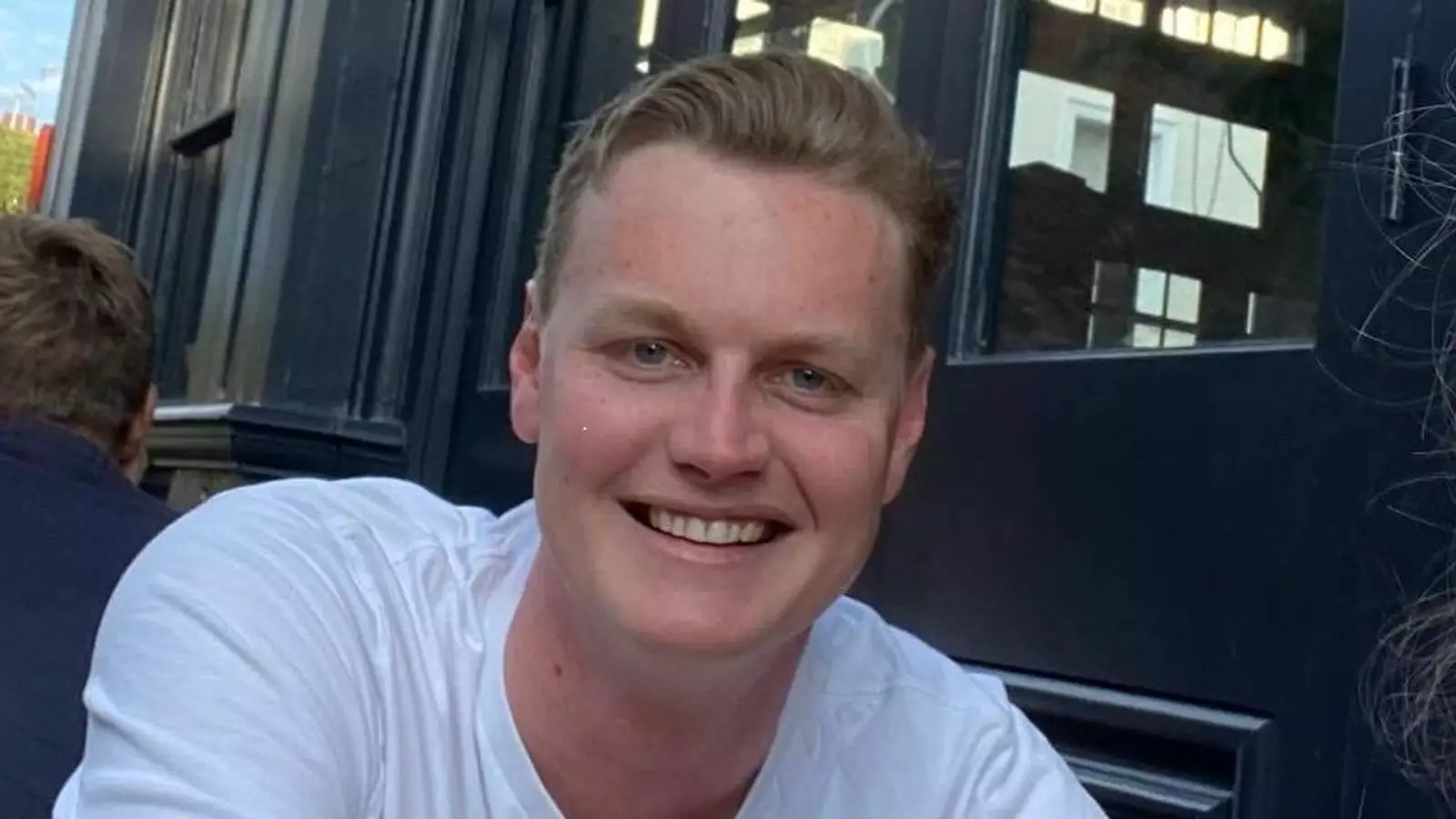The New Year, typically a time of celebration and hope, was marred by a horrific tragedy in New Orleans that claimed the life of Edward Pettifer, a 31-year-old from Chelsea, London. This tragic event not only left a family grieving but shocked communities worldwide, given the violent nature of the attack that took place on the infamous Bourbon Street. As details of the incident emerged, it became evident that this was not merely a random act of violence, but a premeditated attack, rooted in terrorist ideologies that disturbingly resonate in today’s world.
According to family statements, Edward was described as a remarkable individual, cherished by his loved ones as a son, brother, and friend. The deep sorrow expressed by his family underscores the shockwaves felt in the wake of his untimely death. Their request for privacy in this painful time resonates with countless families that have suffered losses due to similar violent acts. Edward’s relationship to an ex-royal nanny highlights an unconventional connection to the British monarchy, inviting a broader conversation about the diversity of those impacted by global issues like terrorism.
On New Year’s Day, a vehicle driven by Shamsud-Din Jabbar—a 42-year-old army veteran—plowed into a crowd, resulting in the tragic loss of fourteen lives, including Edward’s. This incident raises serious concerns regarding public safety and the disturbing potential for ideology-driven violence to disrupt lives inexplicably. The preliminary findings from the coroner indicate that blunt force injuries were the cause of death for the victims, reflecting the brutal nature of the attack. In a world increasingly polarized by ideological divides, incidents like these necessitate a reexamination of societal vulnerabilities.
Officials, including the FBI, swiftly labeled the incident as a “premeditated” act of terrorism. Evidence discovered at the scene, including an Islamic State flag and makeshift explosives, elucidates the motivations behind Jabbar’s actions. His social media activity before the incident revealed a chilling intent to cause harm and promote a distorted narrative purportedly pitting “believers” against “disbelievers.” This alarming trend highlights not only the need for public awareness but also the importance of intervention by authorities to combat radicalization at its roots.
The ramifications of such an attack go beyond the immediate devastation felt by the victims’ families. Communities in New Orleans and beyond are left grappling with increased fear and uncertainty in public spaces that were once considered safe. The resilience of these communities, juxtaposed with the real threat of terrorism, leads to an ongoing dialogue on balancing security with freedom. Furthermore, the identities of those lost in the attack—ranging from local residents to individuals visiting from afar—illustrate how interconnected lives are in a globalized world.
While Edward’s life has been tragically cut short, the outpouring of love and remembrance from his family points to the lasting impact he had on those around him. Commemorating victims like Edward not only honors their memory but serves as a poignant reminder of the need for unity and healing in the face of such unwarranted violence. The call for privacy from his family signifies a yearning for space to mourn and reflect—a common human response to loss, amplified in the harsh light of public tragedy.
As the world processes yet another act of violence, it becomes vital to engage in conversations about prevention, community resilience, and countering hate. The tragic loss of Edward Pettifer, along with others in the New Orleans attack, must galvanize efforts from all sectors of society to foster understanding, healing, and ultimately, a collective rejection of the ideologies that fuel such violence. Only then can we hope to prevent more families from enduring similar heartaches and ensure that future New Year celebrations remain a time of joy and reflection, untainted by grief.

